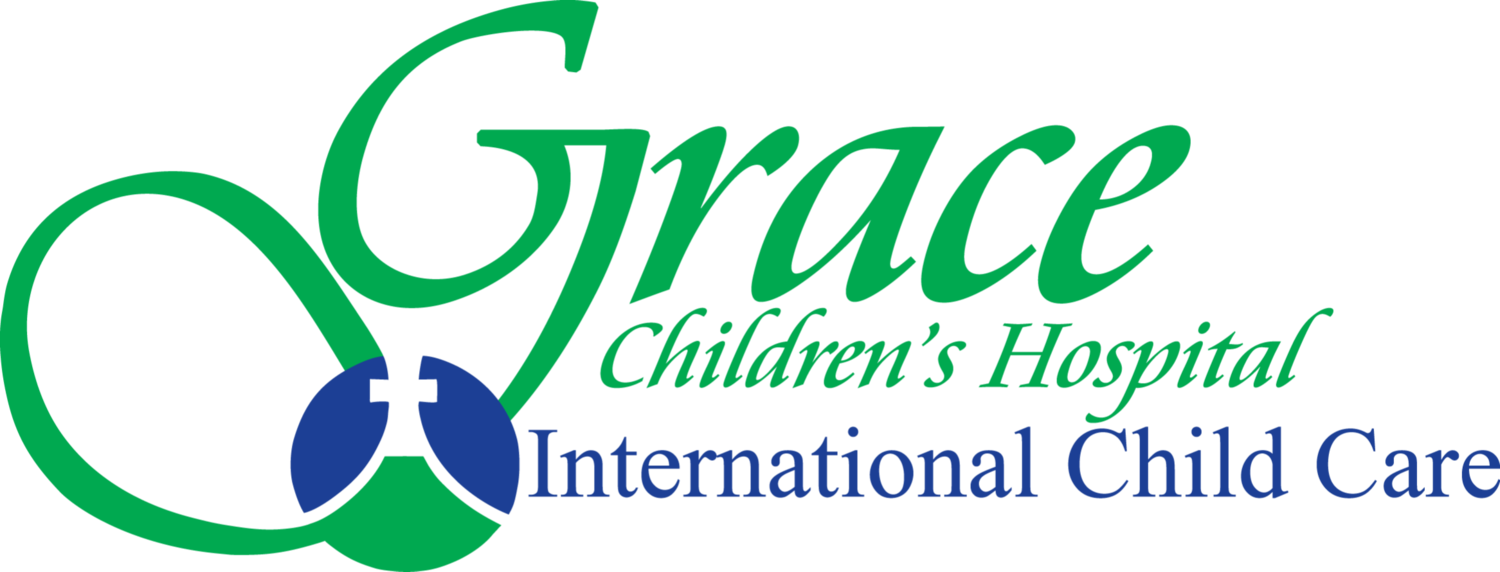Did you know that women account for 70% of the world’s population living in extreme poverty? Gender inequalities decline as economies prosper, meaning that developing countries foster the highest rate of mistreatment towards women. From its onset, International Child Care (ICC) has taken a stand, and made female empowerment a key priority. ICC has successfully implemented numerous programs to liberate women and highlight their potential within the nations they serve.
The Micro-Enterprise Loan Programstrives to provide financial independence to women in rural Haiti. Women are elected by a local health committee and must complete a 5-day training course. They receive a $50 loan to purchase and re-sell items, such as rice, sugar, and soap, or anything they believe their community will buy. However much they profit from their sales is their own personal earning, leaving them only to repay ICC’s initial loan with low interest, marking the end of one cycle. Each woman has the choice to receive another loan and complete an additional cycle, up to a total of 9 cycles. The business and money-management skills that the women learn throughout the program are vital for their sustained financial independence. These women are given the opportunity to work and receive an income for themselves, to provide for their families, and to improve their lives despite the poverty they’ve been conditioned to live through.
The Maternal Health Program is another example of ICC’s dedication to women. In Haiti, 80% of deliveries occur at home, 50% of which involve no trained birthing assistant. The Maternal Health Program trains local women to become Traditional Birth Attendants (TBAs), to safely assist women during in-home births. They are trained in the techniques of delivery and the importance of proper hygiene. They gain the skills to recognize complications during birth or pregnancy, along with the dangers of certain traditional Haitian birthing practices. Once training is complete, each TBA is provided a form of certification and must attend mandatory refresher-courses. Through this program, the women who work as TBAs are able to earn an income, working their way toward financial independence, like the women in the Micro-Loan Enterprise Program. Simultaneously, they are helping to lower the nation’s maternal-mortality and infant-mortality rates. As a result, mothers are able to safely bring their children into the world, a common-luxury to all but those living in developing countries, like Haiti.
Despite economic improvement in the Dominican Republic, which has increased job opportunities for women, patriarchal gender roles remain, establishing males as the primary financial providers and decision-makers. These stark gender norms encourage the advocating and practice of machismo, meaning male chauvinism. Machismo breeds highly aggressive male behavior, materializing at work in prejudices and inequality, and at home in domestic violence. Women who find themselves in abusive relationships often feel trapped. Without money to financially support themselves, they may feel that staying is their only option to care for their children.
In the Dominican Republic, ICC’s Community Based Rehabilitation (CBR) Programis geared specifically towards hiring local women, in an effort to cultivate financial independence and self-reliance. The CBR Program recruits women from the community (called promotoras) and trains them in the Portage Guide to Early Education so that they can understand and assist children with disabilities and developmental delays. Promotoras use their training to provide at-home rehabilitation in and around Santiago. The promotora meets with the child’s parents, most often the mother, and assesses the child’s condition. She then demonstrates exercises to the child and watches as the mother practices them. The promotora notes the child’s progress and leaves the mother with an activity card of what to practice with the child. The promotoras, therefore, are giving mothers the skills to care for their disabled children. Through the help of ICC’s promotoras, mothers gain a strong, emotional understanding of what their child is going through, building their confidence as both a woman and a mother. The ability to understand and better the health of their own child also empowers these women to develop skills they’ve never had, like becoming literate. Through the program, and following the Promotora’s guidelines, mothers establish a degree of reading-comprehension and language.
ICC believes that the success and progression of a nation is dependent on justice and equality for women. Women’s lives matter. ICC is dedicated to liberating women from the grasps of abuse and poverty, so that they can provide happy and healthy futures for themselves and their children. You can help ICC empower women in Haiti and the Dominican Republic by donating today. These women have the ability to care for their children and families. YOU can help them achieve independence.
